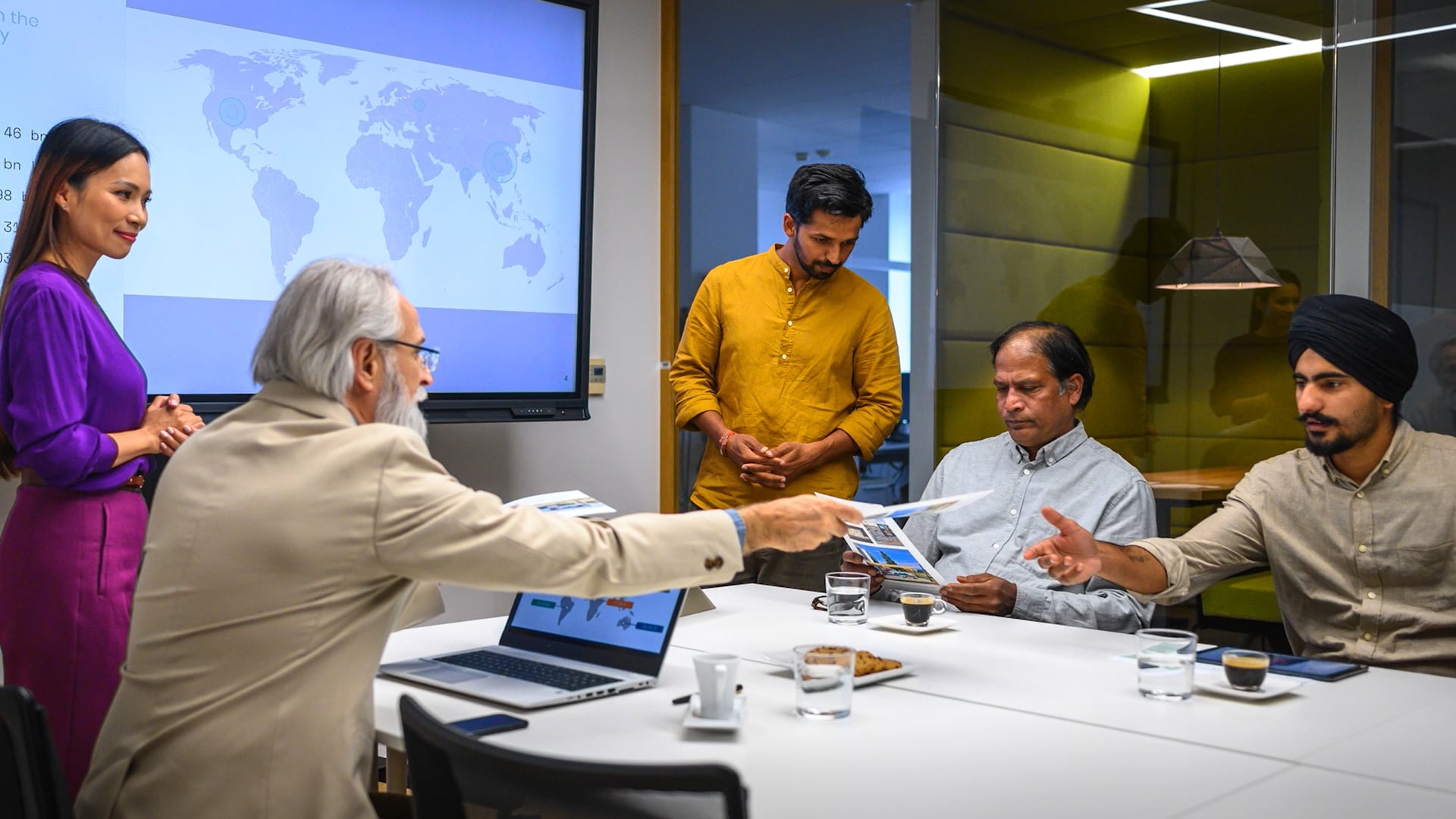Geopolitics is one of the key factors shaping the risk landscape for businesses. In the domain of third-party risk management, it is essential to navigate the complexities of geopolitical risks directly or indirectly influence business operations.
As businesses seek to expand their global footprint and become increasingly dependent on third parties for critical operations – from supply chains to technology services – it is essential to identify and mitigate the risks associated in order to stay resilient.
Identifying key business risk drivers
Geopolitical risks are those which can destabilise global markets due to their impact on political, economic and social factors related to business. Political instability is a key driver of geopolitical risks. For example, political unrest or conflict may affect business operations and discourage investments. There may be restrictions on access to markets due to trade restrictions and tariffs which may be imposed due to protectionism and nationalism. Trade restrictions and sanctions affect global supply chains and cross-border transactions, while climate change and natural disasters are geopolitical risks which may impact infrastructure and resources. Further, consumer attitudes towards a company may become negative as a result of cultural and social variables. All of these factors can affect the overall business climate.
To enhance third-party risk management and enable informed decision making, organisations must integrate geopolitical risk analysis into their due diligence framework.
Establishing third-party due diligence and mitigation frameworks
Third-party due diligence is a critical component of an organisation’s risk management strategy. By conducting thorough due diligence, One way organisationscompanies can safeguard their reputations and maintain regulatory compliance.
Rather than a one-time event, third-party due diligence is an ongoing process which includes continuous monitoring and reassessments. Due diligence can ensure business continuity by consistently verifying whether supply chain partners are resilient and reliable.
Developing a tailored risk mitigation plan
A tailored risk mitigation plan ensures business resilience and long-term sustainability. Diversifying partners and suppliers minimises reliance on a single source and strengthens the supply chain.
Another key step is to maintain a structured repository of contracts and agreements. These documents should include compliance requirements and clear terms to address unexpected disruptions. To safeguard themselves against unexpected disruption, businesses must consider specialised insurance coverage. Cyber liability insurance and property insurance can ensure financial protection and operational resilience in case of a cyberattack and physical damage, respectively.
Additionally a business continuity management (BCM) framework plays a vital role in ensuring operational resilience. Detailed continuity and disaster recovery plans, regular risk assessments, employee training and crisis communication strategies are the key components of BCM.
These components work together to create a structured and proactive strategy for successfully managing and reducing company risks.
Sustainable risk governance through continuous monitoring and auditing
Given today’s volatile global landscape, implementing real-time monitoring systems is essential for organisations. This approach enables them to track the performance and risk exposure of their third-party vendors, which ensures early identification of potential issues and changes from expected standards. These controls are further strengthened through regular audits and assessments which confirm adherence to contractual obligations and help in uncovering emerging risks before they escalate.
Conclusion
In a world characterised by rising uncertainty and interdependence, it is imperative that businesses integrate geopolitical risk into their third-party risk management programmes. To leap forward amid disruptions, companies must proactively identify threats and develop robust due diligence strategies and frameworks. Third-party risk management programmes that are built on vigilance, agility and foresight will enable these organisations to stay resilient and relevant. Continuous monitoring, informed decision making and adaptive contingency planning empowers businesses and safeguards their operations, reputation and long-term growth. With geopolitical dynamics evolving by the day, businesses that embed a risk perspective across every facet of third-party risk management will lead with confidence, equipped to navigate turbulence with stability and strength.














